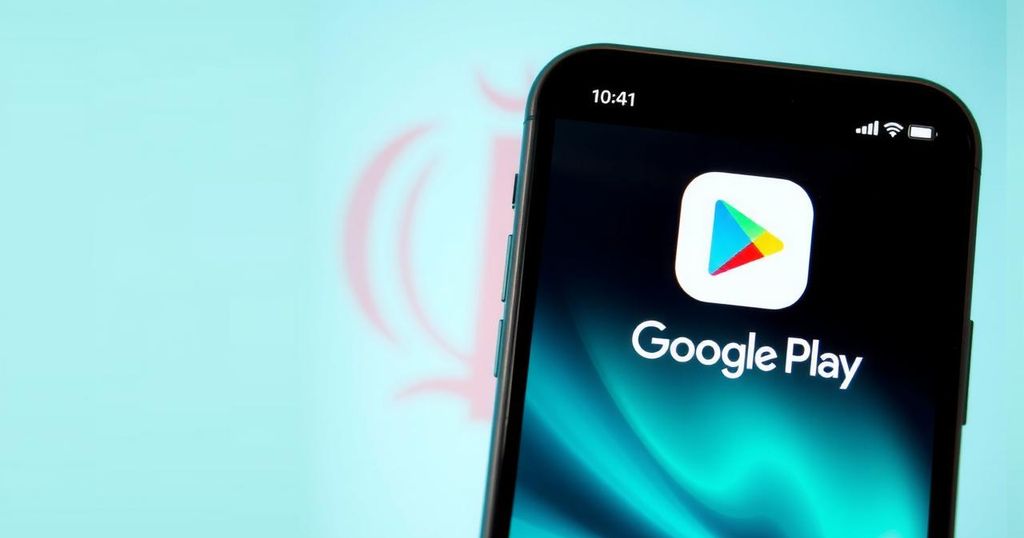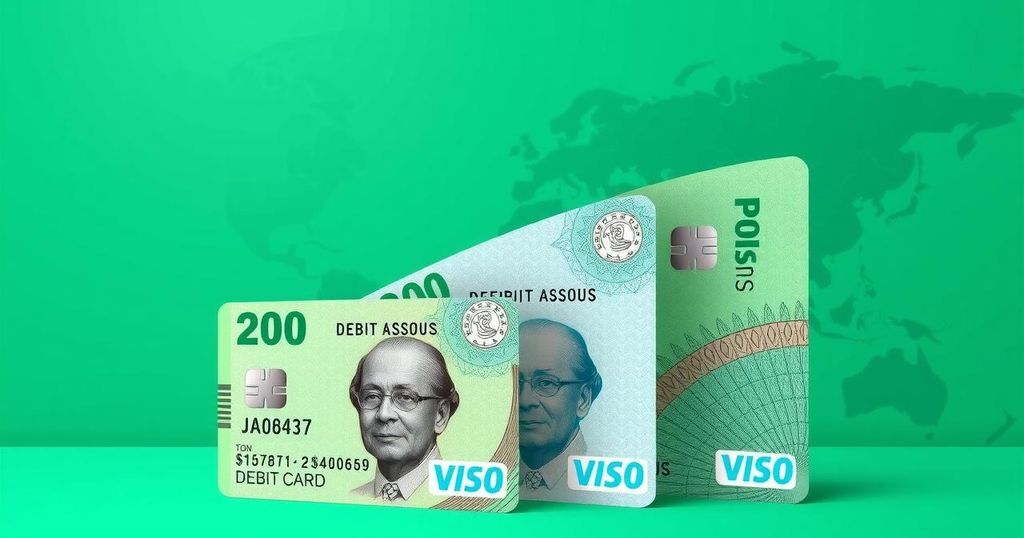Iran Eases Internet Restrictions by Lifting Ban on WhatsApp and Google Play
Iran has lifted its ban on WhatsApp and Google Play, signaling the first step to reduce strict Internet controls in the country. The decision, reached during a meeting led by President Masoud Pezeshkian, reflects a positive majority in favor of easing restrictions. Social media has played a vital role in anti-government protests, and tech-savvy Iranians have traditionally used VPNs to access restricted platforms. This move follows U.S. calls for tech companies to assist in circumventing censorship.
Iranian authorities have officially announced the lifting of restrictions on WhatsApp and Google Play, marking a significant move to ease Internet controls within the country. Reported by the state media, this decision was made during a meeting led by President Masoud Pezeshkian, where a positive majority supported the initiative. This action is seen as an initial step toward relaxing the stringent Internet regulations that have been in place in Iran, where U.S.-based social media platforms face heavy censorship but are commonly accessed through virtual private networks by tech-savvy citizens. “Today the first step in removing Internet limitations… has been taken,” stated Sattar Hashemi, Iran’s Minister of Information and Communications Technology, highlighting the significance of this development in the broader context of digital freedom. The lifting of these bans comes amid ongoing calls from the United States for major technology companies to assist in circumventing online censorship in nations that impose substantial Internet restrictions, including Iran.
Iran is known for implementing one of the most severe systems of Internet censorship globally, blocking access to numerous Western social media platforms such as Facebook, Twitter, and YouTube. This censorship has been a response to political dissent and a means to control public discourse, especially during protests that utilize social media for organization and communication. Despite these restrictions, the Iranian populace has often resorted to using virtual private networks (VPNs) to bypass censorship, indicating a demand for access to global digital platforms. The recent decision to lift the ban on WhatsApp and Google Play reflects a potential shift in the Iranian government’s approach to Internet governance and user access.
The lifting of the ban on WhatsApp and Google Play represents a significant, albeit cautious, step towards reducing Internet restrictions in Iran. This action may hint at a broader willingness from the Iranian government to engage with global communication technologies, potentially providing citizens with greater access to information and platforms that facilitate free expression. The international community, particularly in light of efforts from the United States, will likely continue to monitor Iran’s stance on Internet censorship and the implications for civil liberties.
Original Source: www.arabnews.com




Post Comment